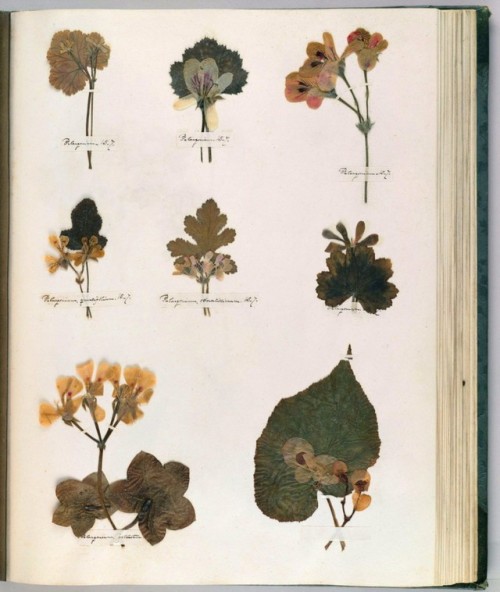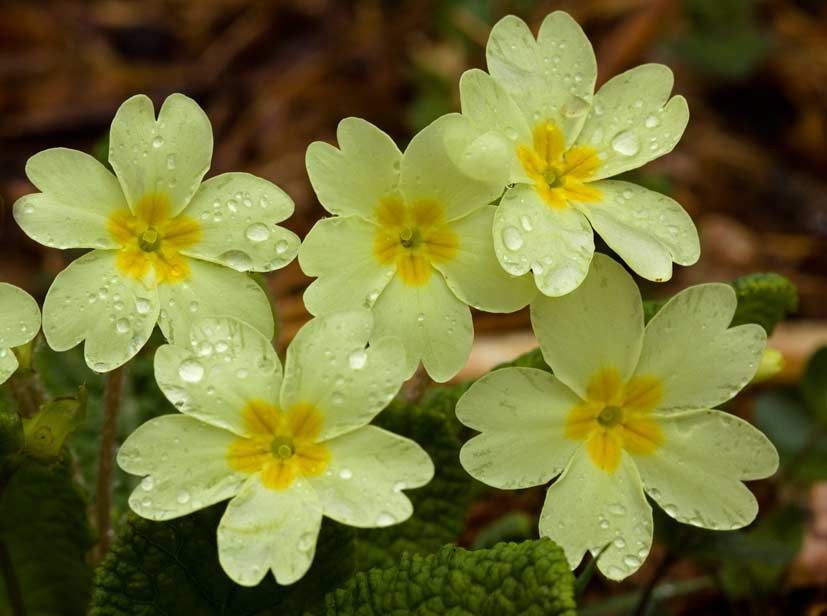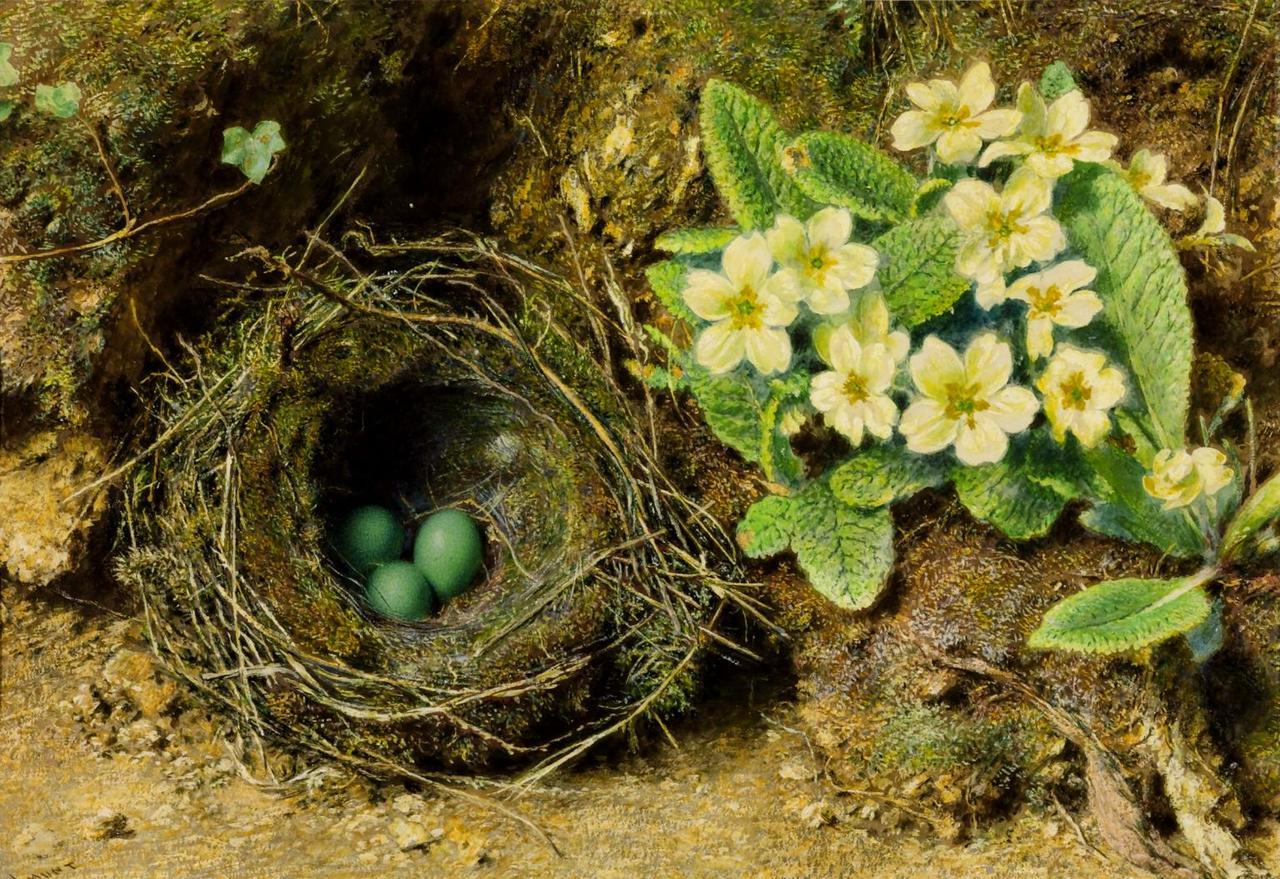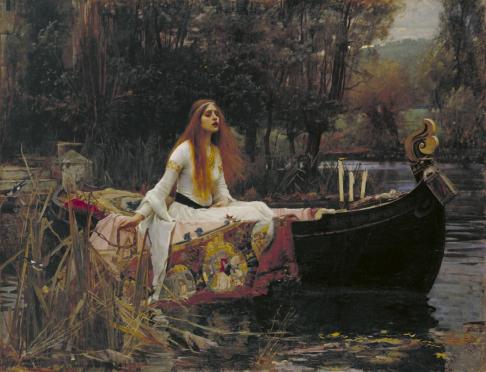Shy, introverted, eccentric and immensely prolific American poet Emily Dickinson was born on this day in 1830 in Amherst, Massachusetts. Her poetry is perpetually enigmatic and misunderstood; her genius wasn’t recognised in her time and when later eras took interest in her poetry, it only brought sentimental views on her verses, ignoring the rawness and vigour they possess. In her book “Sexual Personae”, Camille Paglia devotes the last chapter to Emily Dickinson and calls her “Madame de Sade from Amherst”. Paglia refers to her poems as prison dreams of a sadomasochistic imaginative mind which imprisoned itself, and she goes deep into her poetry revealing its layers of darkness, morbidity, violence and sexuality, which are all themes one would not immediately connect to a Victorian era spinster. Dickinson possessed a unique imagination, especially for a woman of her time. Still, with her poetic work put aside, Dickinson was an interesting individual: she lived almost as a recluse, developed a penchant for dressing in white, was rarely seen in Amherst, her social life restricted to correspondence thorough letters; when someone paid a visit to her family home, she’d only answer from the other side of the door; she studied botany and kept a detailed herbarium which is still preserved. She often mentioned flowers in her letters and poems, and connected each flower with a certain emotion or an idea. Violet was a flower she particularly cherished; this needn’t be strange for it is a delicate little flower that holds beauty both in its colour and fragrance.
 Emily Dickinson, December 1846 or early 1847; This is the only authenticated portrait of Emily Dickinson later than childhood. “Heart, keep very still, or someone will find you out.” (From a letter to Susan Gilbert Dickinson, 5 April 1852)
Emily Dickinson, December 1846 or early 1847; This is the only authenticated portrait of Emily Dickinson later than childhood. “Heart, keep very still, or someone will find you out.” (From a letter to Susan Gilbert Dickinson, 5 April 1852)
Since the Amherst Lady in White is celebrating her birthday today from the depth of her tomb, why not read a few of her poems? These are some of my favourites:
They might not need me – yet they might
They might not need me – yet they might –
I’ll let my Heart be just in sight –
A smile so small as mine might be
Precisely their necessity.
***
VII. With a Flower.
I hide myself within my flower,
That wearing on your breast,
You, unsuspecting, wear me too —
And angels know the rest.
I hide myself within my flower,
That, fading from your vase,
You, unsuspecting, feel for me
Almost a loneliness.

A page from Emily Dickinson’s herbarium. You can read about it here: “The photo facsimiles of the herbarium now available to readers at the Houghton Library still present the girl Emily appealingly: the one who misspelled, who arranged pressed flowers in artistic form, who with Wordsworthian tenderness considered nature her friend.”
The Tulip.
SHE slept beneath a tree
Remembered but by me.
I touched her cradle mute;
She recognized the foot,
Put on her carmine suit, —
And see!
***
Heart, we will forget him!
Heart, we will forget him!
You and I, tonight!
You may forget the warmth he gave,
I will forget the light.
When you have done, pray tell me
That I my thoughts may dim;
Haste! lest while you’re lagging.
I may remember him!

Violets from Emily’s herbarium.
XIX. I noticed people disappeared
I noticed people disappeared,
When but a little child, —
Supposed they visited remote,
Or settled regions wild.
Now know I they both visited
And settled regions wild,
But did because they died, — a fact
Withheld the little child!
***
If I may have it, when it’s dead (577)
If I may have it, when it’s dead,
I’ll be contented—so—
If just as soon as Breath is out
It shall belong to me—
Until they lock it in the Grave,
‘Tis Bliss I cannot weigh—
For tho’ they lock Thee in the Grave,
Myself—can own the key—
Think of it Lover! I and Thee
Permitted—face to face to be—
After a Life—a Death—We’ll say—
For Death was That—
And this—is Thee—
I’ll tell Thee All—how Bald it grew—
How Midnight felt, at first—to me—
How all the Clocks stopped in the World—
And Sunshine pinched me—’Twas so cold—
Then how the Grief got sleepy—some—
As if my Soul were deaf and dumb—
Just making signs—across—to Thee—
That this way—thou could’st notice me—
I’ll tell you how I tried to keep
A smile, to show you, when this Deep
All Waded—We look back for Play,
At those Old Times—in Calvary,
Forgive me, if the Grave come slow—
For Coveting to look at Thee—
Forgive me, if to stroke thy frost
Outvisions Paradise!
Tags: 1830, American poet, American poetry, Amherst, Birthday, Camille Paglia, Emily Dickinson, female poet, flower, herbarium, introverted, Madame de Sade, maiden in white, Poem, poet, Poetry, Sexual Personae, shy, spinster, Victorian era, violet
 John Everett Millais, Spring (Apple Blossoms), 1859
John Everett Millais, Spring (Apple Blossoms), 1859







